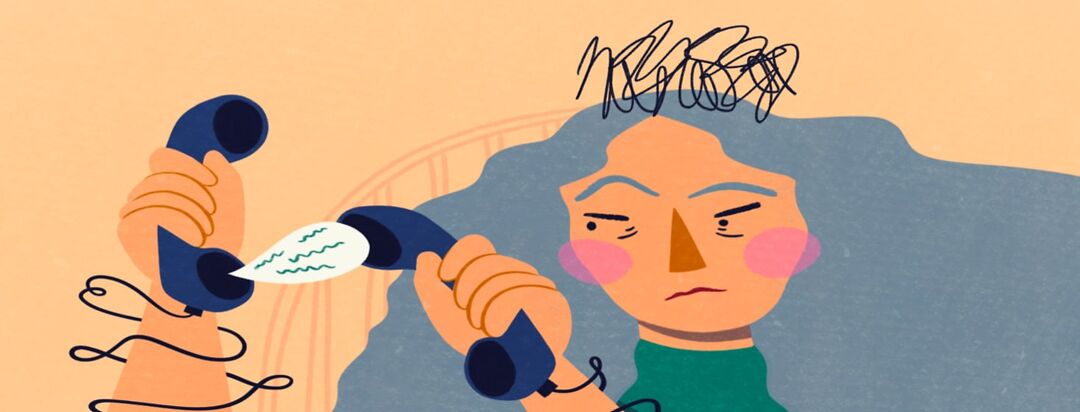Fighting for Rare Disease Medication Coverage
Living with a rare disease comes with a variety of complications. Some of these complications are physical due to the medical nature of our condition.
Other complications are social or economic. These complications can be just as challenging as the physical aspects of our disease, in my experience.
Medication costs a lot of money
Obtaining access to rare disease medications, for example, is one complication that rare disease patients can run into. As a person with narcolepsy, many of the medications I've been on to improve my symptoms cost thousands of dollars per month.
Obviously, I cannot afford these expenses, especially because my narcolepsy is severely disabling and significantly inhibits my daily life functions, let alone my ability to work. Thus, keeping access to health insurance in the United States is vital for me and everyone else suffering from narcolepsy or other rare conditions with high medical expenses.
Having health insurance does not guarantee patients get their medication
Sometimes, keeping access to health insurance isn't even enough to keep access to our rare disease medications. I have been on a particular narcolepsy medication for over 3 years; it has significantly improved my quality of life.
I still suffer from severe disabling narcolepsy symptoms, but this medication makes my symptoms more manageable. This medication makes my life more livable. I am able to drive again. It has helped me get down to a healthier weight. I've been able to get back to reading, and writing, too. Without this medication, I fear going back to a life that feels nearly impossible to live in.
Unfortunately for me, my health insurance is having second thoughts about covering the cost of my rare disease medication. They have been requiring a new prior authorization from my doctor to cover the cost of the medication every few months or so.
This most recent round of prior authorization paperwork has been particularly grueling. From questions about symptoms to quizzes on my sleepiness severity, it is clear that they are trying their hardest to find a reason not to pay for the medication anymore. (And I'm sure it doesn't help that the medication recently underwent a price increase.)
This or That
Have you ever dealt with an insurance denial?
A broken healthcare system
Even though this struggle is personal to me, I know that I am not alone. I've heard numerous accounts of people being unable to afford specialty medication for their rare diseases and common diseases. Since our healthcare system is a for-profit rather than a for-the-patient system, this is bound to happen.
However, health insurance companies should cover the medication that their patients need. Health is not something that should be weighed as optional to save a dime.
Saving money at patients' expense
Another example in which profit is valued over health by health insurance companies is step therapy. I'm fortunate that I have not been forced to try step therapy, where health insurance companies require you to try cheaper medications before covering the medication you need. To me, this seems like playing doctor (and for all the wrong reasons.)
I had already tried all of the narcolepsy medications available to the public for treatment before finding this particular medication that works the best for me, without the extreme side-effects I was experiencing on other treatments. But step therapy is something that many patients are required to do before insurance will consider covering a medication.
Can you relate?
I feel for everyone struggling to get their needs met due to health insurance coverage complications. It makes me feel helpless. But talking about it helps. And I know I'm not alone, especially in the rare disease community.
Start a Forum
Have you ever struggled to get your rare disease medication covered by insurance? Have you been required to try step therapy in order to do so? What other kinds of hurdles have you faced in order to get access to your medication? Share in the comments below.

Join the conversation